Reports on upcoming changes to Windows 10 data collection policies are inaccurate
3 min. read
Published on
Read our disclosure page to find out how can you help Windows Report sustain the editorial team. Read more
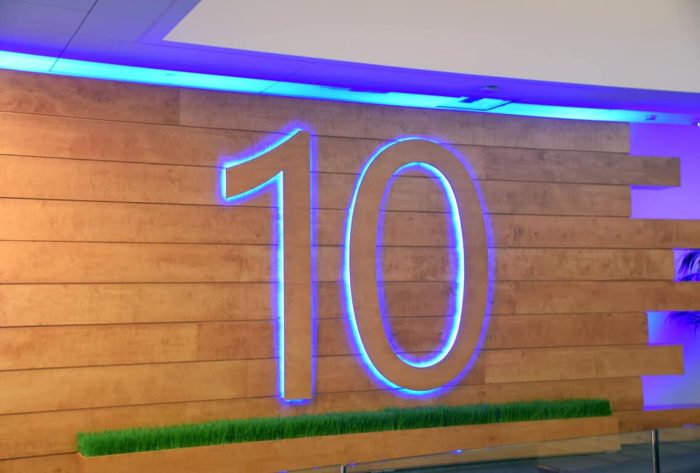
Back in October, there was quite some buzz when Microsoft confirmed that Windows 10 collects extensive telemetry for maintenance. Earlier this week, Gordon Kelly, a contributor to Forbes, further added to the buzz by reporting on and taking the situation to the next level. Using data from an “investigation” done by Voat (a social site similar to Reddit) user by the name of “CheesusCrust,” he reported that Windows 10 Enterprise Editions phoned Microsoft servers with data 2758 times to 30 different IP addresses. Today, Gordon has posted a follow up article, claiming that Microsoft will soon be taking action when it comes to background telemetry and data tracking.
While the data from the Voat post has since been deleted, Gordon Kelly claims that Microsoft has responded to his article and has decided to release updates “later this year” which will enable users to fully control all background telemetry and data tracking. Here’s what Kelly wrote:
Contacting me again a Microsoft spokesperson explained the company now wanted to speak about the issue. In short: Microsoft is taking action. It has decided to release updates “later this year” which will enable users to fully control all background telemetry and data tracking and, if desired, disable it completely. Microsoft also asked me to stress that disabling these background operations is something it would “strongly recommend against.
Last November, Microsoft addressed the user control issue, for enterprise editions of Windows, announcing that:
Also in today’s update, we’re delivering on our promise to enable our enterprise customers to turn off all telemetry data if they choose. We strongly recommend against this, as this data helps us deliver a secure, reliable, and more delightful personalized experience. We’ll continue to work with third-party experts and incorporate your feedback on this important topic.
Microsoft however has made no announcements about any changes to consumer editions of Windows 10, even upcoming ones, and Kelly’s most recent statements appear to be inaccurate or misguided, or both.
An Ed Bott post on ZDNet questioned the original data Gordon used, claiming that amongst other basic networking things, the data from the Voat “investigation” shows Windows is just trying to make a simple connection using its IPv6 capabilities, or checking the time, etc.
Putting the situation into a full context, however, is important. Some background telemetry sharing is not bad. As Gordon writes in his piece, some of the data is “primarily about monitoring the health of your operating system and providing Microsoft with anonymised real time data to make ongoing improvements.” When you first installed Windows, you agreed to Windows 10 EULA, which highlights the data sharing. By pressing “I agree,” like it or not, you agree to share data (if any) with Microsoft.
Microsoft could do more to clearly and simply state what exactly it does collect, even for consumer editions of Windows 10, but readers need to be careful about what they read.
(additional reporting by Kip Kniskern)




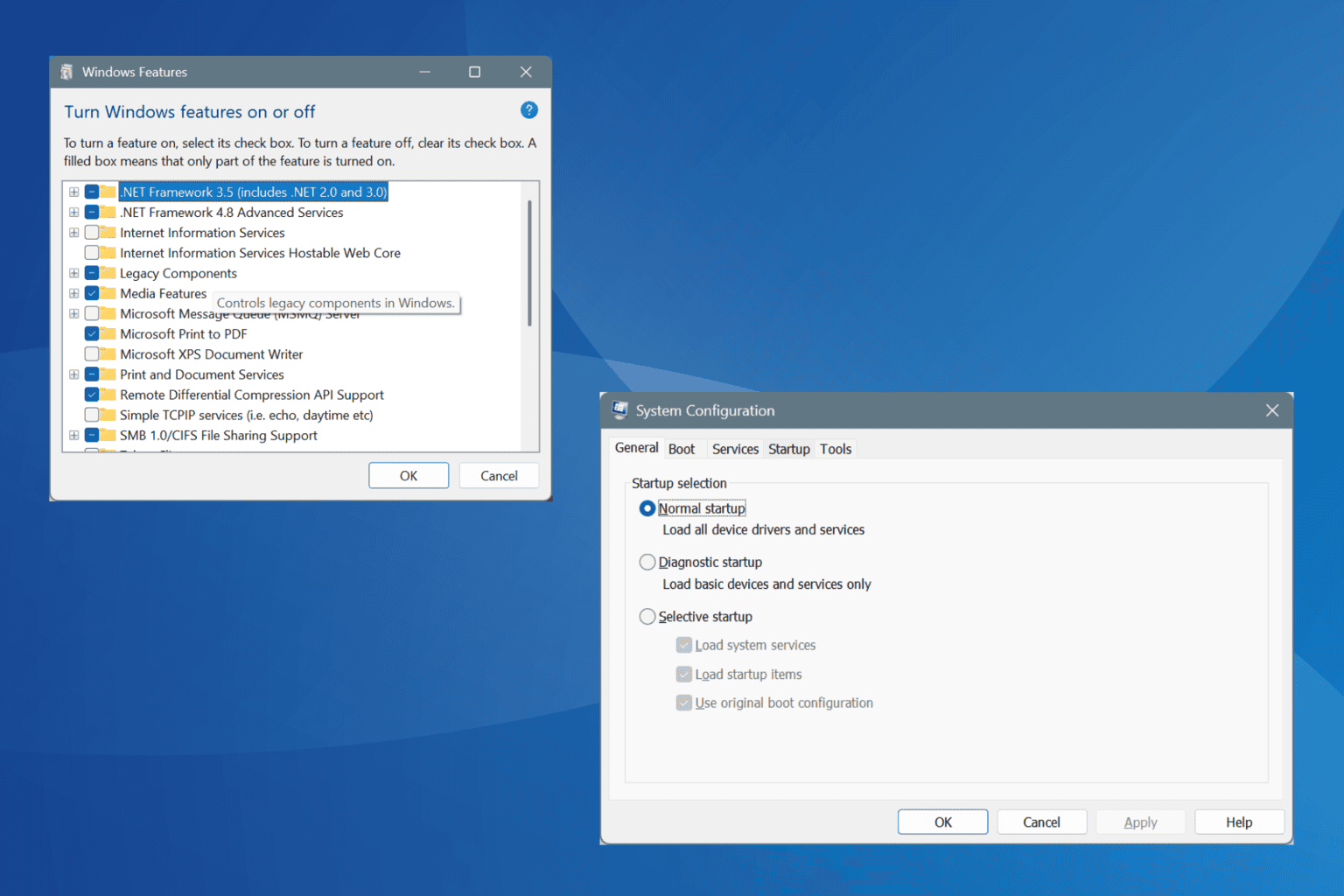
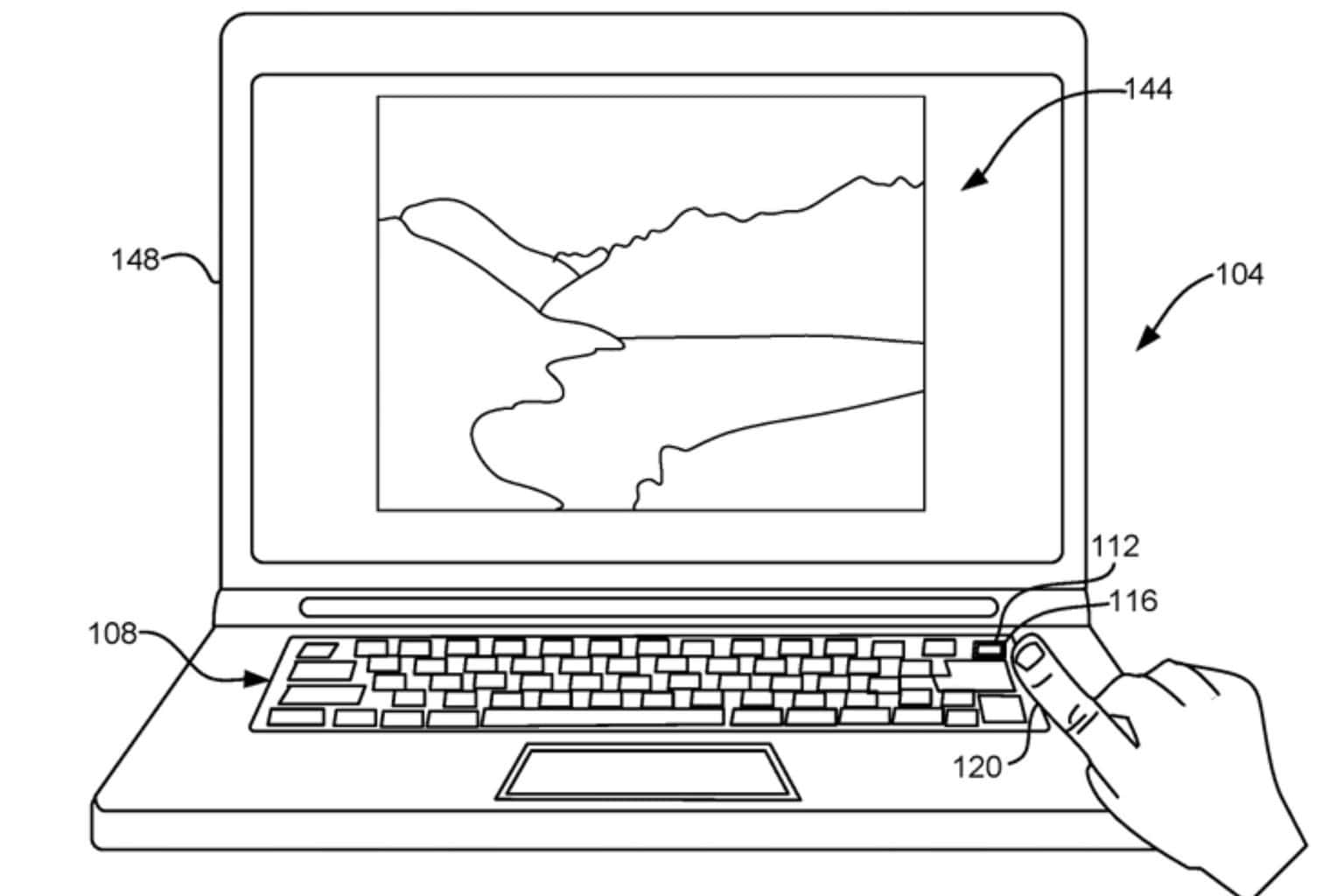
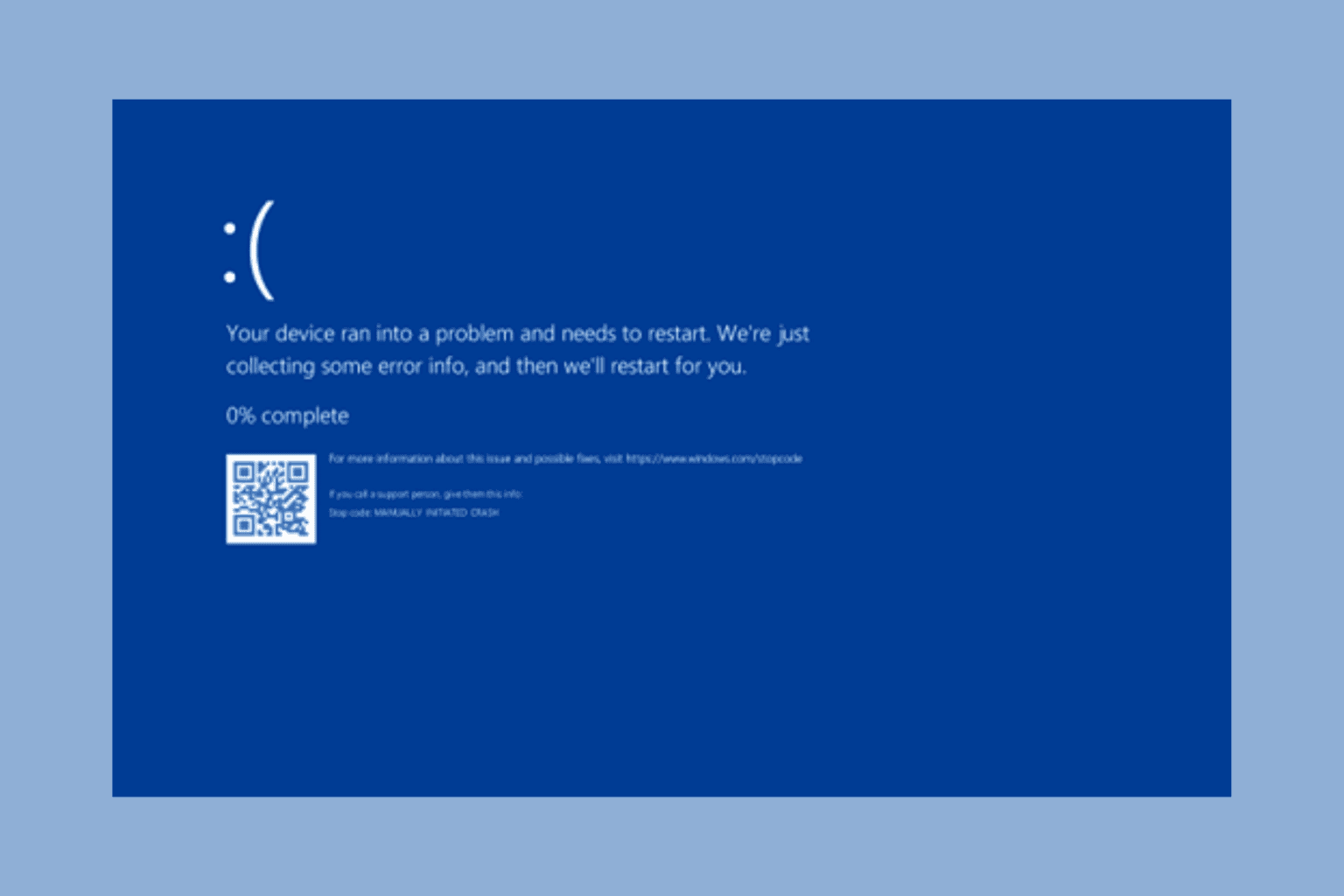
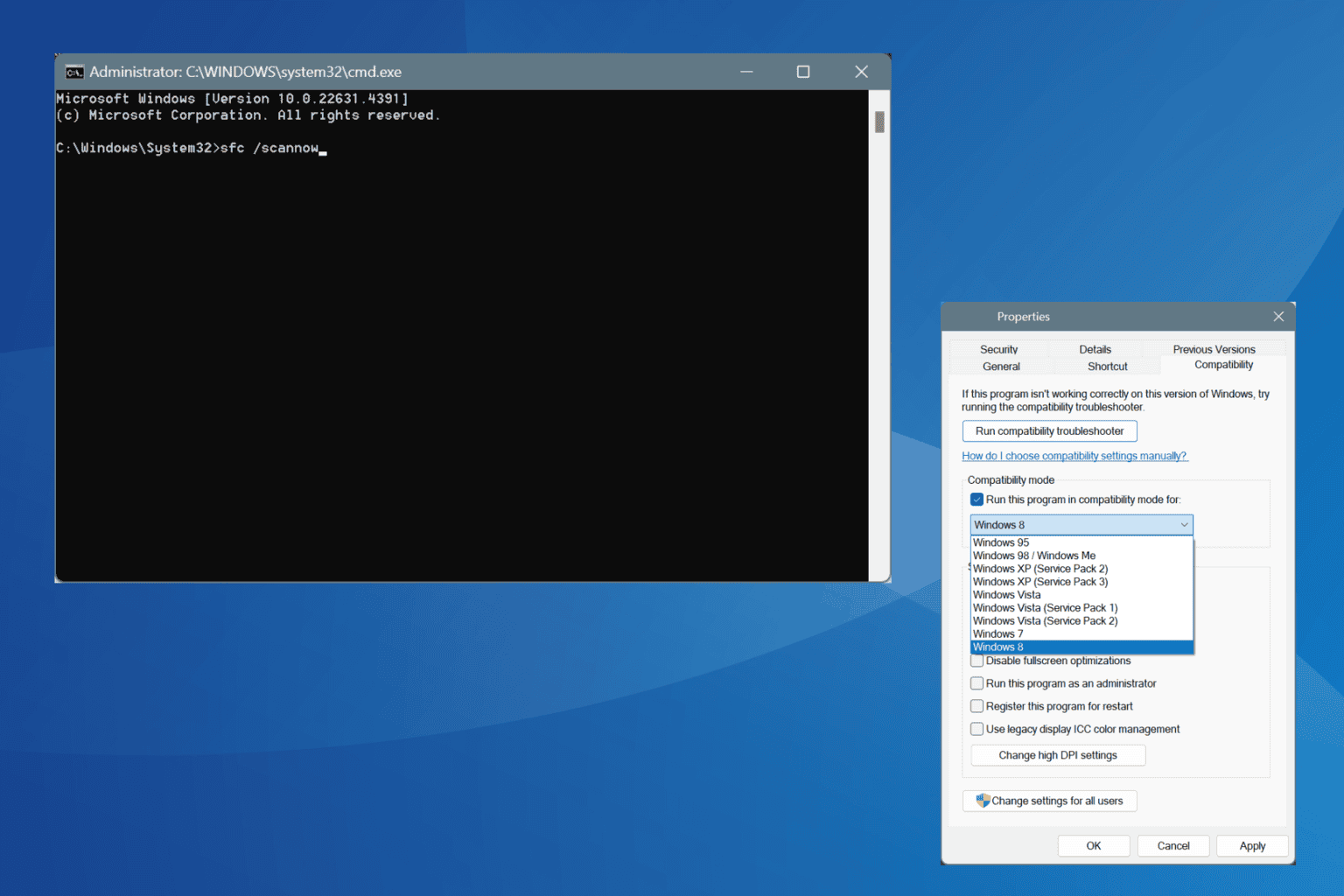
User forum
0 messages